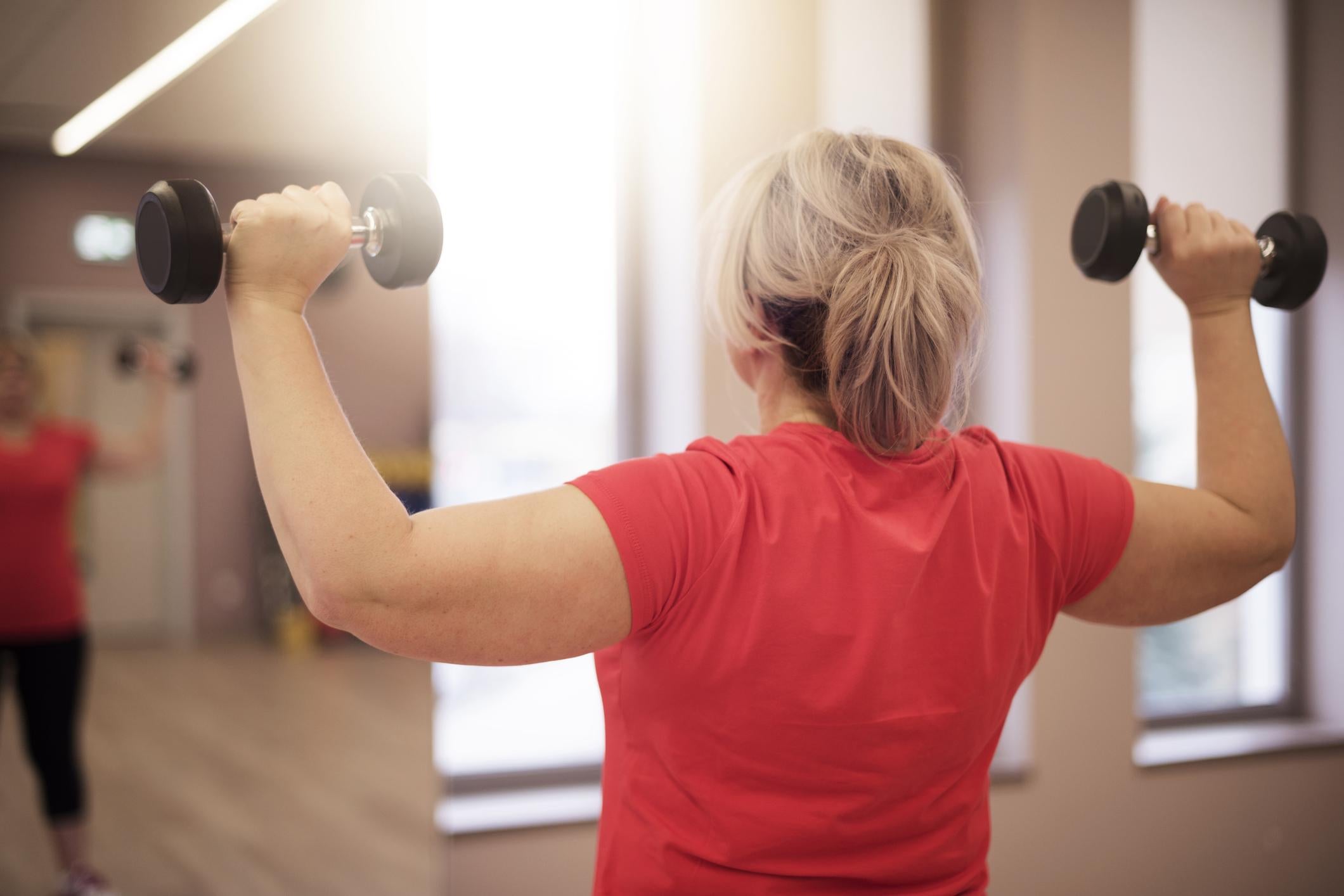Female workers' lack of confidence is costing them financial security, study finds
A flurry of new studies show women are talking themselves into a poorer future

They earn less, save less and fail to protect themselves from financial shocks, but the latest research suggests it’s confidence that is really holding women back when it comes to their money.
By sticking to cash-only savings, women are losing thousands of pounds in returns that men are securing by investing in the stock market – because they doubt their knowledge and ability more than men, Fidelity warns.
Data from the investment manager this week found that twice as many men than women invested in a stocks and shares ISA, with just nine in every 100 women happy to risk their cash on the stock market.
Poor relation
With rates languishing, the decision to stick with safe savings is leaving them significantly poorer than their male counterparts.
A £15,000 investment in the FTSE All Share index five years ago, for example, would now be worth £23,799. That same £15,000 in the average UK savings account over the same period would only be worth an extra £122 today – a difference of almost £8,700.
“HMRC data backs up our findings of a glaring gender divide, with men far more willing to move up the risk spectrum and invest in stocks and shares than women, who instead prefer to leave their hard-earned savings languishing in cash,” says Maike Currie, investment director for personal investing at Fidelity International.
“Clearly women are diligent savers given their take up of cash ISAs, which outweighs that of men. But their reluctance to invest in the stock market is concerning.
Old habits
“The risk of women falling into a huge ‘investment gap’ is especially concerning given that we are expected to live for longer than men, are often the primary caregivers and may take a career break to start a family or look after an ill or elderly relative,” adds Currie.
“These life events will have an impact on our overall life savings. That’s why women need their money to work harder for them.”
The figures follow a recent study by Saga which warned the problem is compounded by a general lack of trust in financial services, including the belief that many financial product providers are deliberately complicating products in order to be confusing and opaque.
It’s an industry that is once again accused of being set up to support men more than women, the research suggests.
And for women over 50, the legacy of traditional marital roles is making the problem a whole lot worse.
With 14 per cent of older women either widowed or divorced, one in seven of all women still say their partner has always been in charge of money matters, which is now causing problems as they go it alone. Basic banking and budgeting are fine, they say, but they struggle significantly with complex pension and investment decisions.
Vulnerability
A lack of confidence is also manifesting itself in unexpected ways. Around half of women will make unilateral financial decisions without consulting financial advice professionals or even friends and family, for example. Just a third of men would do the same.
“While at first blush this might seem like a sign of confidence, the survey suggests that it is because women might be more intimidated than men to engage or talk about finances with anyone,” the provider says.
The findings reinforce a growing demand for older adults to be offered financial education, particularly in light of increasingly complicated pensions rules and freedoms, which have left older adults more vulnerable to scammers.
The decision to cut a ban on financial cold calling in the latest Finance Bill due to time pressures ahead of the snap election certainly hasn’t helped matters.
But it’s not just a failure to make the most of the money they do have that is increasingly worrying financial experts. Many are worried they are not adequately protecting their income either.
Taking control
More than half the UK’s working women are the primary breadwinner in their household and almost as many believe it is their sole responsibility to financially support their family should the unexpected happen.
But just half of all professional British women have any form of protection in place to soften the blow of a loss of income through illness, an accident or unemployment, according to yet more recent research.
“The level of protection among working women is worryingly low and many of these women carry the sole responsibility to financially support their family in the event of unexpected illness or in the worst case, death,” says Stephen Crosbie, Protection Director at Aegon UK.
“Yet few are taking the steps to protect themselves and their loved ones. The number of employers automatically providing this safety net is surprisingly low and it is therefore vital that women across the country double check with their employers about protection insurance in the workplace and, if there is no provision, take it into their own hands.”
Join our commenting forum
Join thought-provoking conversations, follow other Independent readers and see their replies
Comments
Bookmark popover
Removed from bookmarks